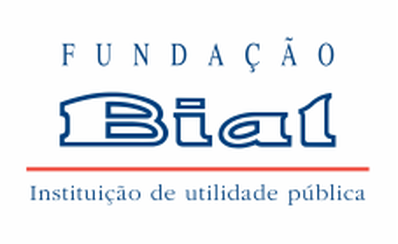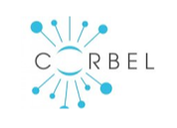|
Bial Foundation for LIMMIT Laboratory installation.
Bial Foundation for research Project (4) - Experiências anómalas Humanas: Prevalência, Experiências Familiares e Esquemas precoces Mal adaptativos PI: Virgílio Baltazar (PhD Project, FPCE – Coimbra) - Intention and Brain to Brain Communication with Non Invasive Techniques PI: Anabela Ventura (PhD Project) - Induced near-death-experiences in healthy volunteers: Phenomenology, psychophysiology and after effects PI: Mário Simões PhD Project: Sofia Machado Ferreira Ana Paula Farinha Resende (External collaboration) - Ayahuasca induced neural correlates and the reward system - Spiritual states induced by ayahuasca and the involvement of the reward system PI: Miguel Castelo Branco PhD Project: Gisela Lima |
European Union's Horizon 2020 CORBEL, research and innovation programme grant agreement No. 65424" - CORBEL PID2277 Molecular insight into Autism Spectrum Disorder (ASD). http://salivatec.weebly.com/molecularcog-g.html
Salivatec, UCP. PI: Maria José Correia, Marlene Barros, Nuno Rosa Jorge Martins; project coordinated by Universidade Católica Portuguesa and approved by Coordinated Research Infrastructures Building Enduring Life (Corbel) consortium.
Salivatec, UCP. PI: Maria José Correia, Marlene Barros, Nuno Rosa Jorge Martins; project coordinated by Universidade Católica Portuguesa and approved by Coordinated Research Infrastructures Building Enduring Life (Corbel) consortium.



